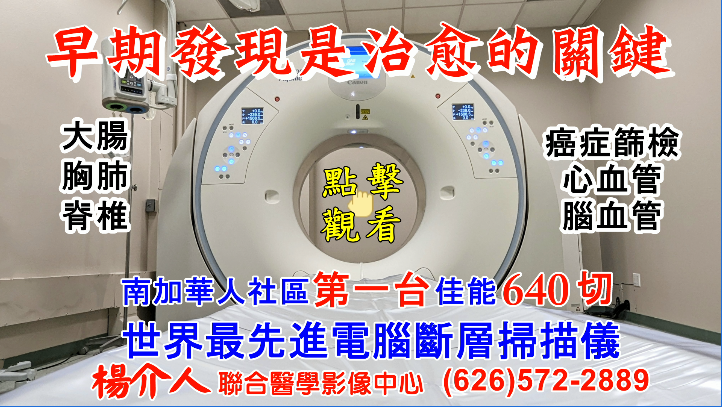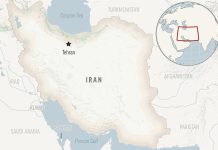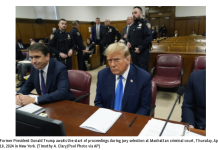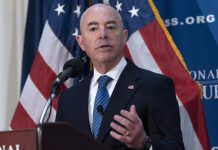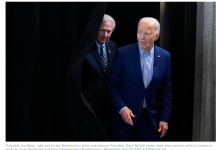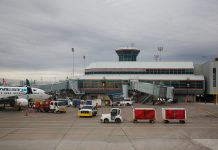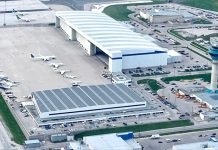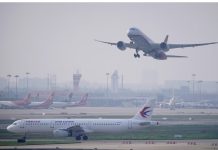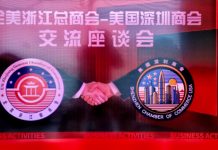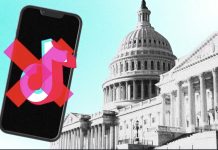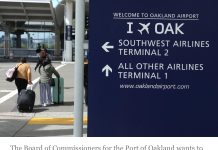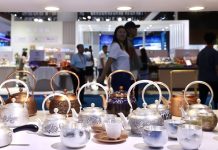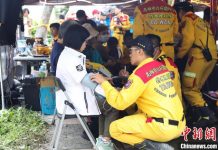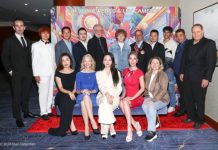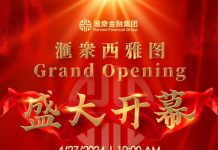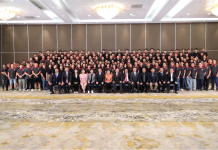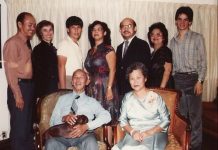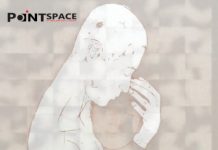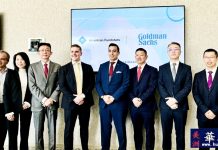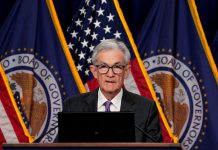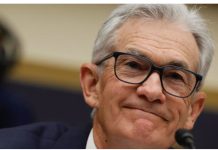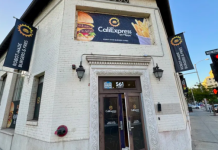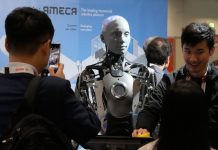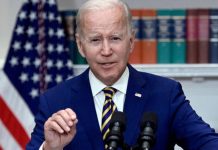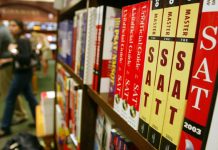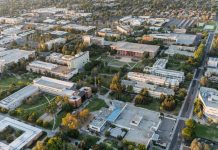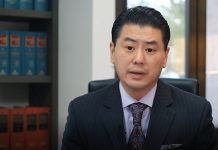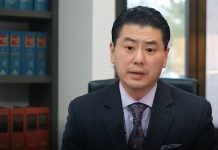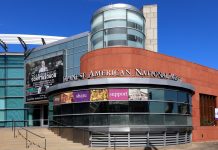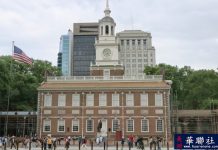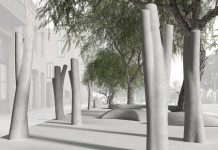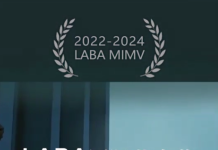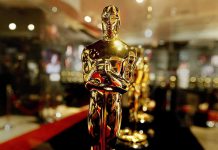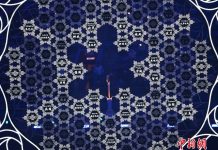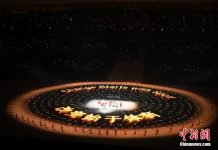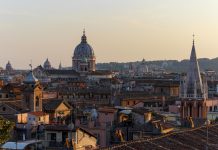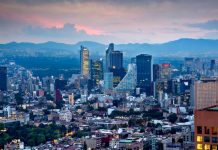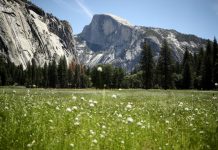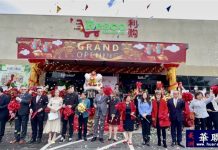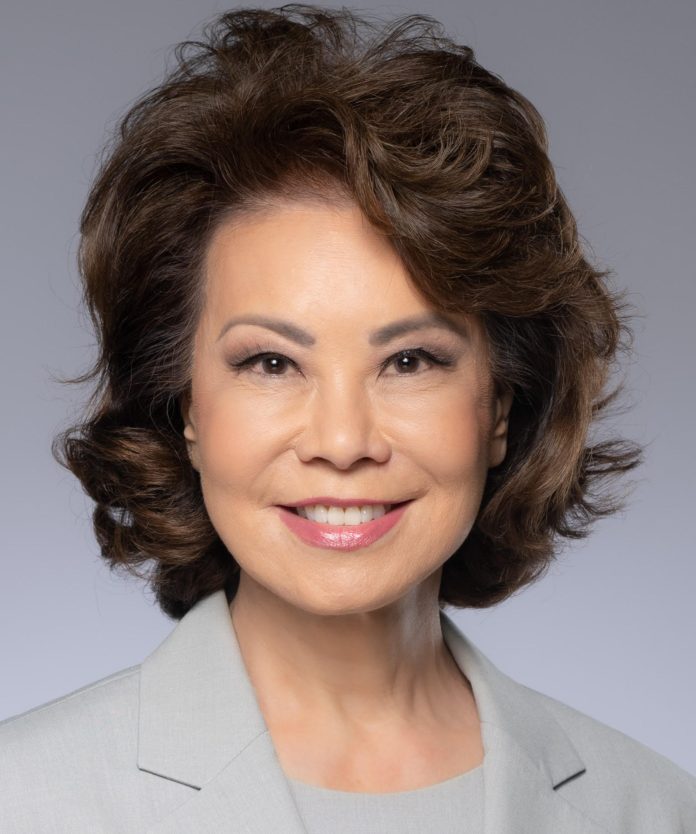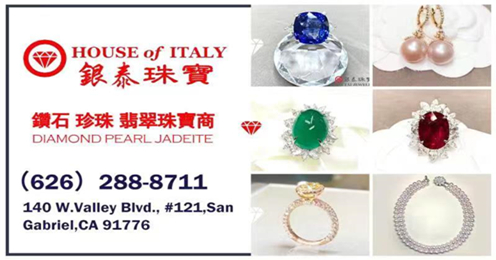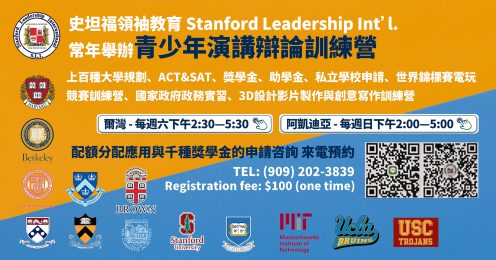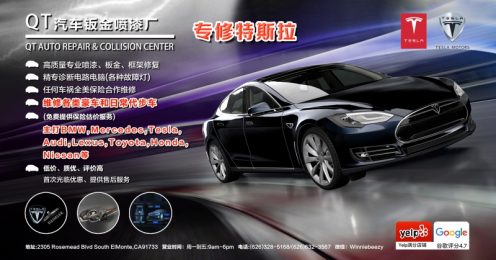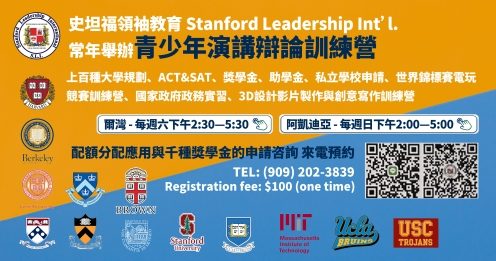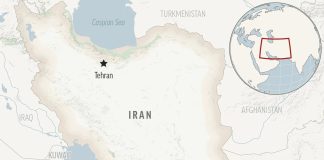趙小蘭部長投書華盛頓郵報,建立美國亞太裔歷史文化國家博物館的重要性
【美洲華聯社5月31日洛杉磯訊】趙小蘭(Elaine Chao)是第一位被任命為總統內閣成員的亞裔美國女性。她擔任第24任美國勞工部長和第18任美國交通部長。日前她投書華盛頓郵報,强调建立美國亞太裔歷史文化國家博物館的重要性。文章如下:
我移民美國時只有8歲。那時我父親已到美國三年,留下了懷孕的妻子和兩個女兒。我的母親,我的兩個妹妹和我乘坐貨船從台灣出發,因為這是我父親所能負擔得起的。
早年的生活很艱難。我們不會說英語,發現生活在這個新世界里不知所措。但憑藉愛、信仰和努力,我的父母把在皇后區一個居室的公寓變成了他們和女兒們的愛心之家,使我們能夠享有生活在美國這個國家的機會。
我們家的移民故事是一個明顯的美國夢的故事 — 反映了數百萬其他家庭的故事,他們為來到這個國家,尋求更好的生活,做出了巨大的犧牲。
有多少人知道亞太裔在獨立戰爭中為美國的獨立而戰,並在美國內戰期間犧牲了自己的生命?有多少人知道成千上萬的中國移民為修建橫貫大陸的鐵路而努力?有多少人欣賞日裔美國人的愛國主義,他們在第二次世界大戰中勇敢地戰鬥以擊敗納粹,儘管他們的家人被拘留在美國?我們的故事與美國的故事密不可分。
然而,我們的歷史經常被忽視,我們對這個國家的貢獻有時被遺忘,我們在這裡的權利經常受到質疑。亞太裔,夏威夷原住民和太平洋島民(AANHPI)的歷史是美國歷史。現在是承認這一點的時候了。這就是為什麼我主張在國家廣場上建立一個亞太裔美國人歷史和文化國家博物館 – 一個可以與我們國家故事的其他紀念碑一起展示的地方。
今天大約有2400萬亞裔美國人生活在美國,約佔全國人口的7%。我們為美國生活的方方面面做出貢獻。像喬尼·金(Jonny Kim)這樣的公務員 – 曾擔任海軍海豹突擊隊員並從哈佛醫學院獲得醫學博士學位 – 將幫助帶領美國重返月球,作為美國宇航局(NASA)阿爾忒彌斯登月計劃的一部分。Advanced Micro Devices 首席執行官蘇姿豐(Lisa Su)、Google 首席執行官 Sundar Pichai 和 Nvidia 首席執行官黃仁勳(Jensen Huang)等商業領袖負責監督正在開發未來突破性技術的公司。Zoom首席執行官袁征(Eric Yuan),和DoorDash首席執行官徐迅(Tony Xu)等企業家正在創造產品和公司,這些產品和公司將繼續徹底改變我們的工作和生活方式。與此同時,即使是好萊塢也開始向亞太裔美國演員、女演員和導演敞開大門,因為他們經歷了幾十年的歧視和缺乏機會。
然而,不幸的是,過去幾年的事件給我們的社區投下了令人不安的陰影。疫情對每個人都造成了沉重打擊,但亞裔美國人尤其脆弱,因為許多人是被迫關閉業務的小企業主。此外,有關冠狀病毒起源於中國的報導以及美中關係的緊張局勢加劇引起了亞裔美國人社區的擔憂。有一連串關於亞裔和亞太裔——尤其是女性——受到騷擾、吐口水、威脅甚至殺害的新聞報導,只不過是他們的種族。
針對亞太裔社區的尖酸刻薄是如此令人不安,以至於亞太裔私下表示擔心美國可能會再次建立拘留營。儘管這對亞太裔社區以外的許多人來說聽起來很牽強,但讓我向你保證,這種恐懼對他們來說是真實的。
仇恨的程度是不可接受的,許多人選擇通過建立一系列非營利組織來説明保護和倡導我們的社區來反擊。五位亞裔美國時尚偶像聯合起來組成了House of Slay,以對抗反亞太裔的暴力。我讚揚這些努力。現在是時候讓該國盡自己的一份力量,在國家廣場上建立一個亞太裔歷史文化國家博物館。
有些人可能會質疑為什麼亞太裔需要博物館。我想回答的是,亞太裔曾經成為立法禁止他們成為美國公民的目標。儘管這項立法早已被廢除,但仍然可以感受到這種歧視的揮之不去的後果。
一個亞太裔歷史文化國家博物館不僅對教育和啟發,而且可以減少恐懼,把我們聚集在一起——這在今天是非常需要的。
附录:英文原文及链接
Opinion Asian Americans have been overlooked. This could help change that.
By Elaine Chao | The Washington Post | May 30, 2023
https://www.washingtonpost.com/opinions/2023/05/30/asian-americans-mall-museum/
Elaine Chao was the first Asian American woman to be appointed to a president’s Cabinet. She served as U.S. labor secretary and U.S. transportation secretary.
I was 8 years old when I immigrated to the United States. My father had arrived in America three years earlier, leaving behind his pregnant wife and two daughters. My mother, my two sisters and I traveled from Taiwan on a cargo ship because it was all my father could afford.
The early years were difficult. We didn’t speak English, and we were overwhelmed by the new world we found ourselves living in. But with love, faith and hard work, my parents turned their one-bedroom Queens apartment into a loving home for their daughters and enabled us to access the opportunities in this country.
Our immigrant story — a distinctly American one — mirrors that of millions of other families who have made immense sacrifices to come to this country in search of a better life.
How many are aware that Asian Americans fought for our independence in the Revolutionary War and sacrificed their lives during the U.S. Civil War? How many know about the thousands of Chinese immigrants who labored to construct the transcontinental railroad? And how many appreciate the patriotism of Japanese Americans who fought courageously to defeat the Nazis in World War II, despite their families being interned stateside? Our story is inextricably linked to America’s story.
Yet our history is too often overlooked, our contributions to this nation are sometimes forgotten, and our right to be here is too often questioned. Asian American, Native Hawaiian and Pacific Islander (AANHPI) history is American history. And it is time for it to be recognized as such. That’s why I am advocating for a National Museum of Asian Pacific American History and Culture on the National Mall — a place where our contributions can be displayed alongside other monuments to the story of our country.
There are about 24 million Asian Americans living in the United States today, about 7 percent of the national population. We contribute to every aspect of American life. Public servants such as Jonny Kim — who previously served as a Navy SEAL and earned an MD from Harvard Medical School — will help lead the United States back to the moon as part of NASA’s Artemis project. Business leaders such as Advanced Micro Devices CEO Lisa Su, Google CEO Sundar Pichai and Nvidia CEO Jensen Huang oversee companies that are developing the breakthrough technologies of tomorrow. Entrepreneurs such as Zoom CEO Eric Yuan and DoorDash CEO Tony Xu are creating products and companies that continue to revolutionize the way we work and live. Meanwhile, even Hollywood is starting to open its doors to Asian American actors, actresses and directors after decades of disgraceful discrimination and lack of opportunity.
Yet, unfortunately, the events of the past few years have cast a disconcerting shadow over our community. The pandemic hit everyone hard, but Asian Americans were especially vulnerable, as many are small business owners who were forced to shutter their operations. In addition, reports that the coronavirus originated in China and the rising tensions in U.S.-China relations raised fears within the Asian American community. There has been a litany of news stories about Asians and Asian Americans — women especially — being harassed, spat upon, threatened and even killed over little more than their ethnicity.
The vitriol directed at the AANHPI community is so unsettling that Asian Americans have privately expressed fears that internment camps might be set up in the United States once again. As far-fetched as this might sound to many outside the AANHPI community, let me assure you, this fear is real to them.
The level of hatred is unacceptable, and many are choosing to fight back by establishing an array of nonprofit organizations to help protect and advocate for our community. Five Asian American fashion icons banded together to form the House of Slay to fight anti-AANHPI violence. I applaud these efforts. Now it is time for the country to do its part by creating an AANHPI Heritage museum on the National Mall.
Some might question why a museum is needed for Asian Americans specifically. I would answer that Asian Americans were once targeted with legislation banning them from becoming American citizens. Even though this legislation has long since been repealed, the lingering aftereffects of this discrimination can still be felt.
A National Museum of Asian Pacific American History and Culture would go a long way to not only educate and enlighten but also reduce fear and bring us together — something that is very much needed today.

